The Ultimate Guide to Managing Mental Health for College Students
Dec 13, 2023
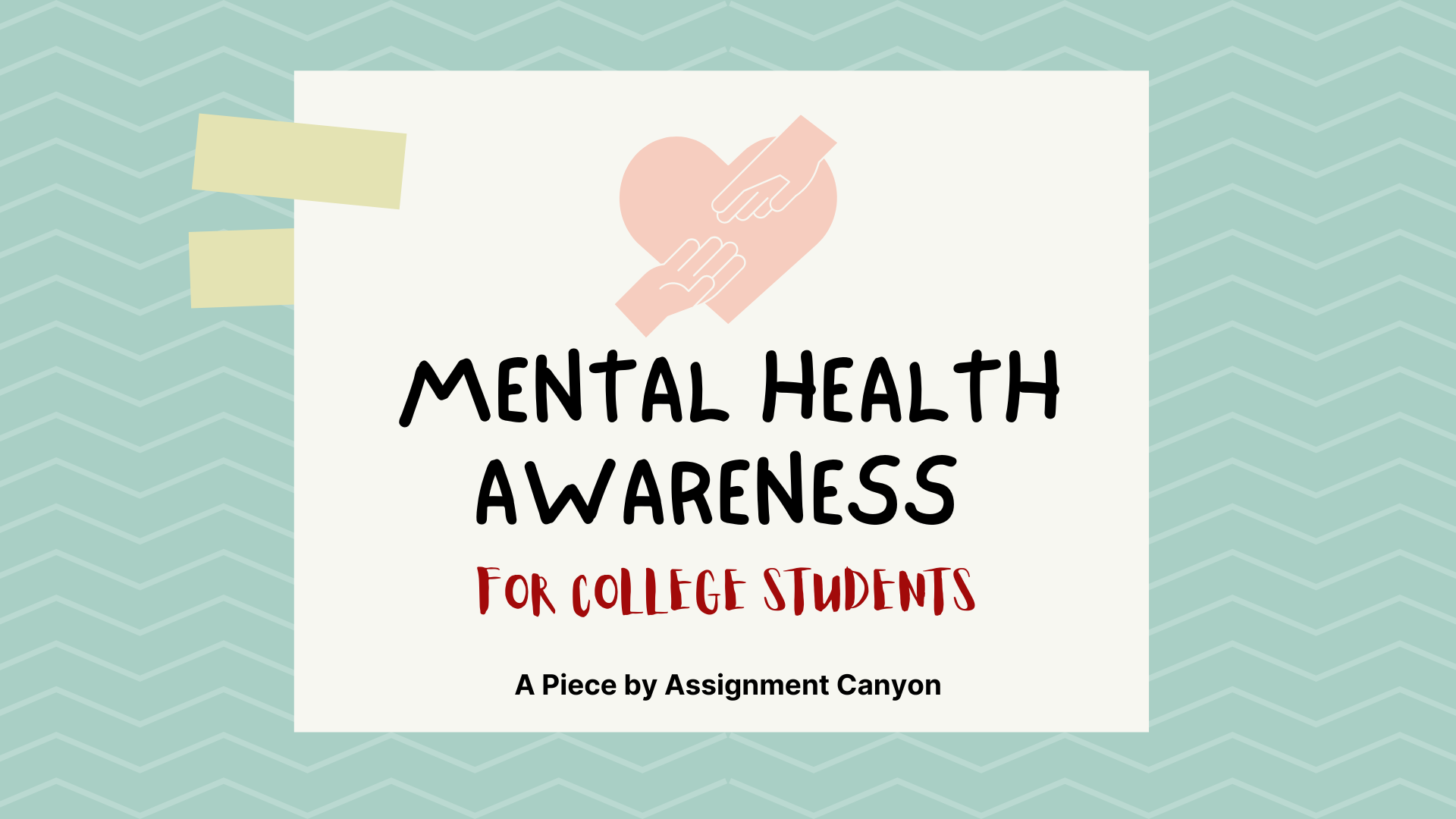
Oh, the college years! The thrill of newfound freedom, friendships forged over late-night pizza deliveries, and the all-important pursuit of knowledge. But let's not sugarcoat it: as a college student, this can also be a time of unique emotional challenges and if not properly managed, it can take a toll on your mental health.
But batten down the hatches, matey! This comprehensive guide will empower you with a treasure trove of practical advice on how to manage your mental health as a college student navigate these choppy waters.
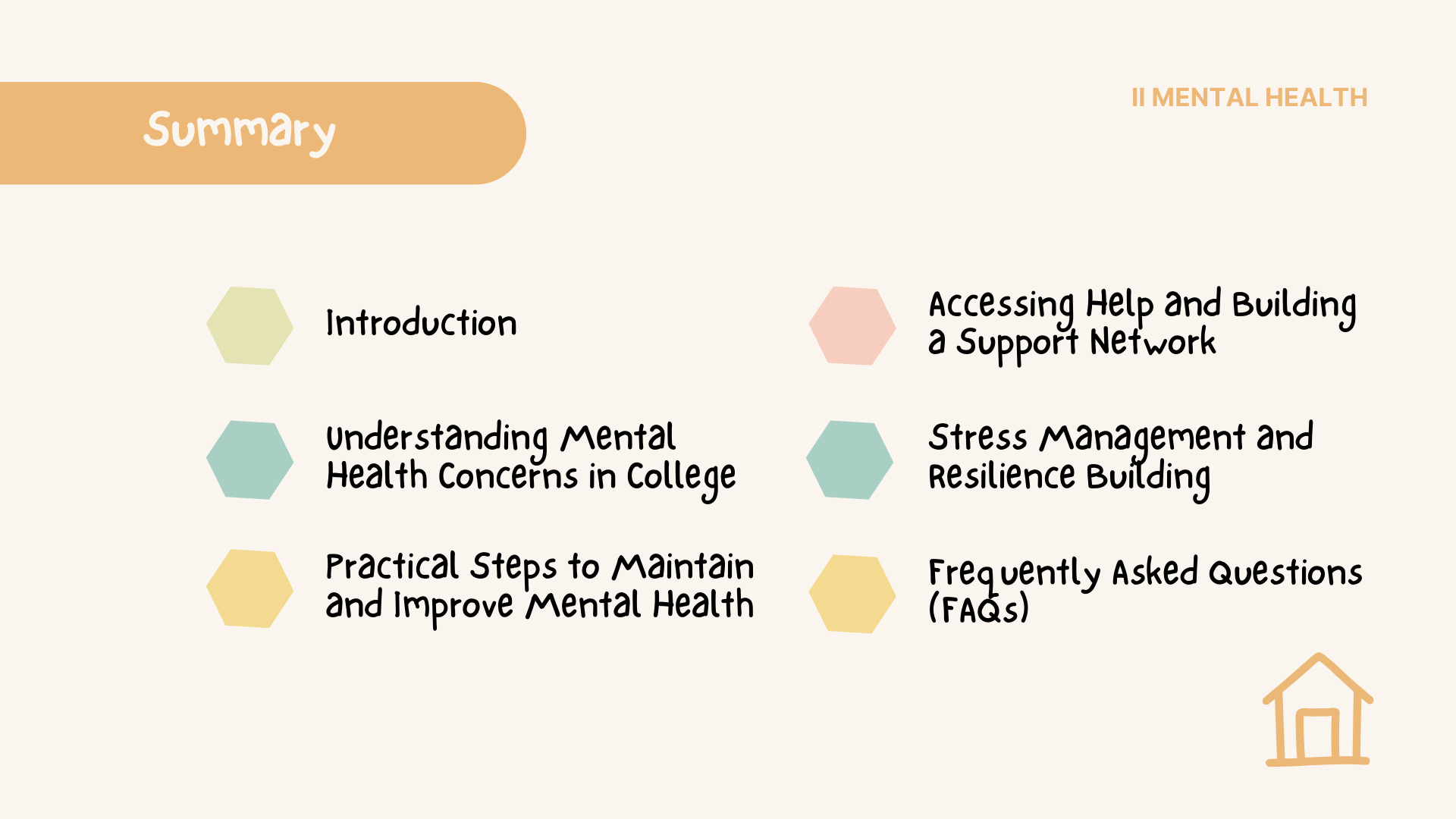
Introduction
You've heard the term "mental or mental health crisis" tossed around a lot, like confetti at a parade. But let's face it, it doesn't look that sparkly when you're stressed about a 15-page term paper or feeling overwhelmed by your new surrounds.
The Importance of Mental Health Awareness in College
Mental health at college isn't just about managing stress levels or avoiding the infamous 'Freshman 15'. | mental health issue.
It's the fabulously complex interaction of emotional, psychological, and social well-being that affects not just how you think and feel, but can also significantly impact your ability to handle stress, interact with others, and make decisions.
Like a Jenga tower, when your mental health is out of whack, everything from your career path your academic performance to your relationships may feel unsteady.
The Rising Challenges and Prevalence of Mental Health Concerns Among Students
Let's be real. A college campus can sometimes feel like a particularly challenging level of a video game. While the layout may change, the bosses and the obstacles can show a terrifying consistency - rigorous academic demand, financial pressures, and a rapid transition to independence.
All of which can recreate a unique brew on college campuses - a Molotov cocktail of stress, anxiety, and depression.
Purpose of the Article
Before you engage panic mode, remember, every level has power-ups, and this guide aims to cater to you as many as possible. From recognizing signs of mental health issues, maintaining an emotional balance to building resilience, we've got it all lined up, just for you. Let's queue the theme song and get started!

Understanding Mental Health Concerns in College
Determining Mental Health: Definitions and Indicators
So, let's cut to the chase. Mental health is not just the absence of mental illness. We're talking about mental health care about a positive state of mental well-being wherein you are able to realize your abilities, cope with the normal stresses of life, work productively and contribute to your community.
It's like being the DJ at your very own mental party, keeping the mood swings and vibes positive and ensuring everyone's having a good time.
Common Mental Health issues for College Students
Turning the spotlight on mental health disorders and illnesses often lurking behind the college curtains, we've got:
-
Anxiety disorders
-
Depression
-
Eating disorders
-
Addiction
-
Suicidal Tendencies
They're an unholy alliance comparable to villains in a superhero flick, lurking in unlit corners and striking when you least expect.
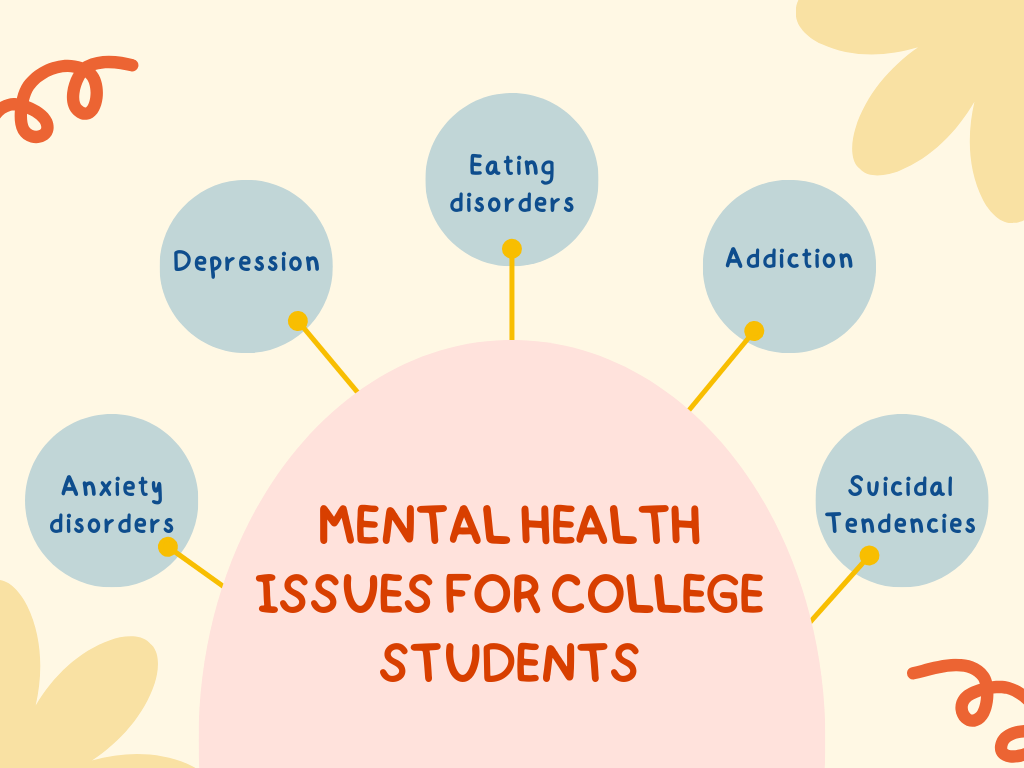
Impact of Poor Mental Health on Academic Performance and Quality of Life
Like a bad room-mate, mental health issues can mess with your grades, squash your social life, and chip away relentlessly at your self-confidence. Studies indicate that students suffering from serious mental health problems or concerns are more likely than most students to receive lower grades, drop out of college or adopt harmful behaviors like substance abuse.

Practical Steps to Maintain and Improve Mental Health
Balance Your Coursework and Personal Life
We've all heard of the triad of death, where your grades, social life, and sleep are all at odds. Good news though! Balancing your coursework and personal life isn't rocket science.
Take some time to organize your academic workload and always ensure there's room in your schedule for relaxation enough sleep, and play.
You can achieve the this by:
-
Prioritize Self care
-
Create a Study Schedule
-
Set Realistic Goals
-
Stay Organized - use digital planners, set priorities, make to-do lists
-
Nourish your body
-
Have a social life
Regular Exercise and Healthy Nutrition for Better Mental Health
The connection between healthy foods and your mind and body is so tight, they must be best buddies. Regular physical activity and a balanced, healthy diet will not only keep your body fit, but they also boost your mood and reduce anxiety and depression. The classic saying "you are what you eat" rings true here, and adding some good old physical activity into your routine keeps your neurons as happy as clams at high tide.
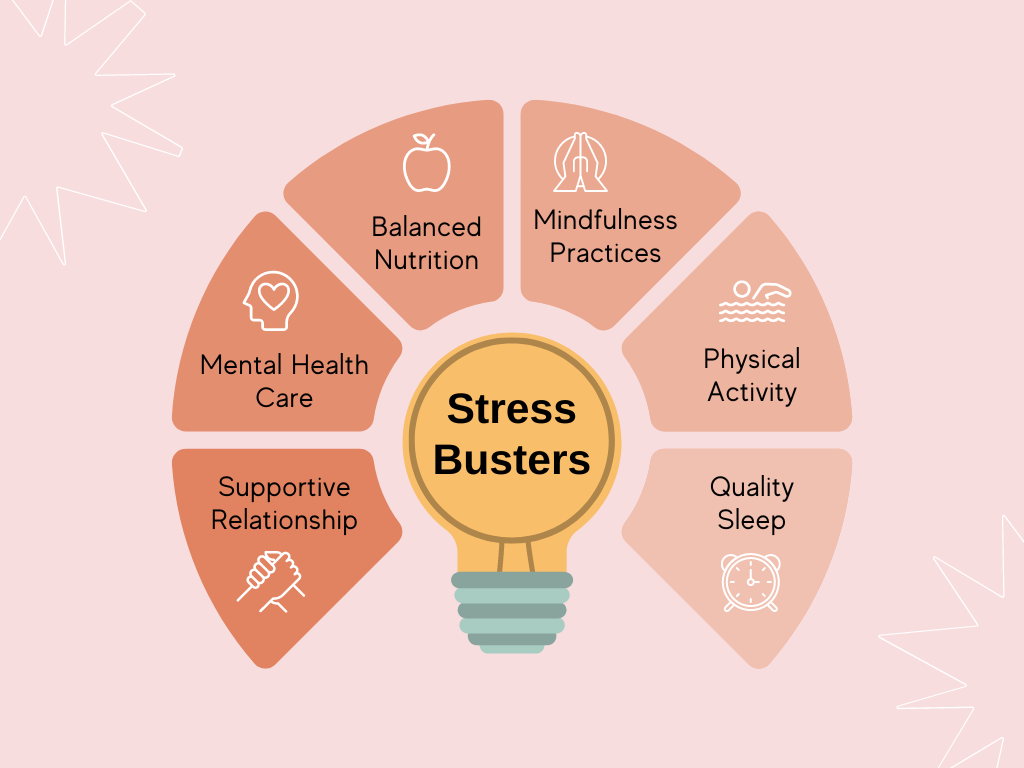
Prioritize Sleep
Skimping on sleep to study? While it may seem like a smart trade-off, the reality is that consistent lack of sleep wreaks havoc on both your your mental state and mental and physical health. Like the most faithful of friends, sleep is directly proportional to your mood regulation, memory, and cognitive abilities.
To achieve this, ensure you create a proper sleep routine. How can you do this? By doing the following:
-
Set up a healthy sleep environment—make sure the bedroom is comfortable and relaxing
-
Keep the noise level low and the room dark and cool
-
Add white noise (fan, humidifier, or noise machine) if it is too noisy or too quiet
-
Turn off or put away anything that will get in the way of your sleep
-
Take TVs and computers out of the bedroom
-
Keep pets in a crate or outside of the room
-
Keep your bed as an area just for sleeping
-
-
Maintain a consistent sleep schedule—keep the same bedtime schedule on both weekdays and weekends to keep your circadian rhythm in check
-
Create a bedtime routine (shower, pajamas, and brush teeth)
-
Be sure to set a time for “lights off”
-
Avoid afternoon naps if it makes it difficult to fall asleep at bedtime
-
Set bedtime routines for children and encourage a regular sleep schedule for other family members. It will make it easier for you to follow.
-
-
Establish an electronic curfew—technology before bed can make it difficult to sleep because the blue light from screens (TV, tablet, smartphone, or laptop) disrupts the release of melatonin in your body
-
Set up an electronic curfew, a time in the evening when all TVs, phones, and computers need to be turned off. This should be at least one to two hours before bedtime.
-
If you enjoy reading before bed, opt for printed copies of books, newspapers, and magazine rather than reading on an electronic device.
-
-
Reduce caffeine and other substances—caffeine, alcohol, over-the-counter medication, and a heavy meal may make it more difficult to fall asleep, so avoid these items before bed
-
Caffeine is found in coffee, black, white and green tea, hot cocoa, lattes, espresso, chai, iced tea, soda, energy drinks, and chocolate.
-
Avoid eating large meals two to three hours before bed. If hungry, opt for a light snack of protein and complex carbohydrates, such as a piece of whole grain toast with peanut butter, fresh fruit, or oatmeal.
-
You may fall asleep quickly after a glass of wine, but you are likely to wake up before you have had a full night’s sleep.
-
Over-the-counter sleep medications initially may help you fall asleep. However, your body can develop a tolerance to these medications quickly, and they lose their effect.
-
-
Avoid physical activity right before bed—physical activity can energize the body and raise body temperature making it more difficult to sleep
-
Being physically active earlier in the day will help you meet your physical activity goal and will also help you sleep better.
-

Accessing Help and Building a Support Network
Identify and Communicate Your Needs: Self-Advocacy in Mental Health
Embrace your inner lawyer and stand up for your mental health rights. Get real about what mental health services you need, whether that's arranging accommodations for disabilities or seeking therapy, and communicate assertively to get the support you require.
Leverage On-Campus Health Resources and Counseling Services
Most colleges are teeming with resources for mental health support - from on-campus counseling centers and wellness workshops to online self-help resources. Put those tuition dollars to work and make the most of the resources at your school and disposal.
Cultivate a Supportive Social Network
Your social network is like your personal cheerleading squad—invest in relationships, open up about your struggles, and don't shy away from seeking their help. Remember, friendship is a two-way street; be there for them as well, cultivating an environment of shared growth and a support system.
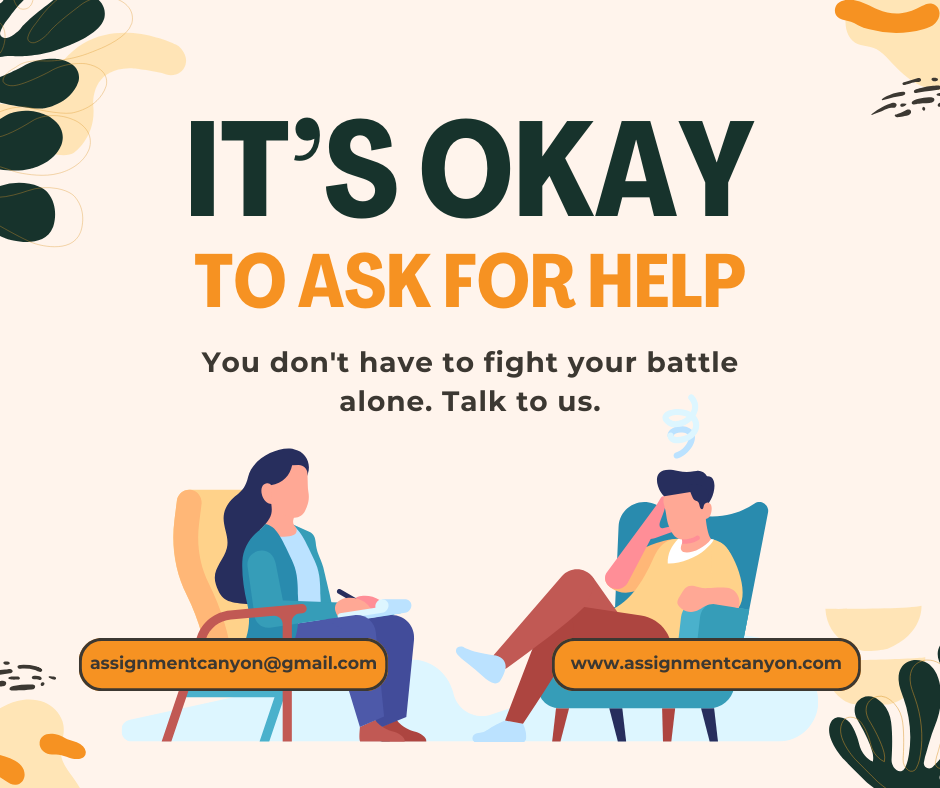
Stress Management and Resilience Building
Understand and Manage Stress
First off, let's burst this myth: not all stress is detrimental. A bit of short-term stress can be beneficial as it can motivate you to do well. However, the problem lies in long-term (or chronic) stress, and the trick here is to understand and identify what triggers your stress response and develop strategies to manage it.
Build Resilience
Building resilience and mental wellness is much like training for a marathon, it is a gradual process of building up mental endurance. It includes recognizing and reinterpreting negative feelings and thoughts, developing problem-solving skills, and maintaining connections with your support network. Remember, everyone stumbles, but a little gritty determination can help you handle the falls better!
Mindfulness Practices
The mantra of 'living in the present' is not just hot air but a tried and tested way to improve mental health overall wellness. Whether you opt to Zen-out in a yoga class or choose to do a daily 10-minute mindfulness meditation, these practices can be a game-changer for your own mental health condition.
Conclusion
Recap of Key Strategies for Managing Mental Health in College
To wrap it up in a nifty little package: understanding the importance of mental health, identifying mental health concerns, striking a balance between academics and personal life, regular exercise, nourishing your body and brain with healthy food, a balanced diet, prioritizing sleep, self-advocacy higher education, leveraging resources at the college, cultivating supportive networks, managing stress, building resilience and practicing mindfulness are key.
Encouraging a Proactive Approach to Mental Health
Just as you wouldn't wait until you're knocked out by flu symptoms to consider your physical health, be vigilant about nurturing your mental and overall well being-being even before signs of trouble appear. The adage of 'prevention is better than cure' is as true for mental health as it is for physical and mental health conditions.
The Potency of Perseverance and Self-Care
The path to managing mental health isn't always paved with roses, but boy, is it worth every hurdle! Remember, self-care and mental health treatment is not a luxury, it's a necessity. So do not become disheartened and keep moving forward.

Frequently Asked Questions (FAQs)
Is it normal to feel stressed or anxious in college?
Yes, feeling some level of stress or anxiety is a normal part of the college experience. However, it becomes an issue if it's undermining your quality of life or academic performance.
How can I tell if I'm struggling with my mental health? What are the signs?
Be mindful of changes in your mood, behavior, or physical condition that persist longer than two weeks. These may include feeling persistently sad, excessive worry, trouble concentrating, appetite changes, withdrawal from things you normally enjoy, and sleep irregularities.
What should I do if I feel overwhelmed by my mental health concerns?
Reach out to a trusted friend, family member, or counselor. Utilize the mental health resources available on your campus. Don't hesitate to seek professional help if needed. Remember, it's okay to ask for help.
How can I help a friend who's struggling with mental health?
Just being there, listening, and providing emotional support can go a long way. Encourage your friend to seek professional help, if necessary, and remind them they're not alone.
Are there any on-campus resources for mental health support?
Yes, most colleges have a counseling center or other mental health resources available. Speak to a faculty member or student health services for more information.
Isn't it nice to know you're not alone in this? Take this guide, treat it as care of your mental roadmap, and venture into this newborn world of self-care. This isn't going to turn you into a Zen master overnight, but remember, one step at a time. You've got this!
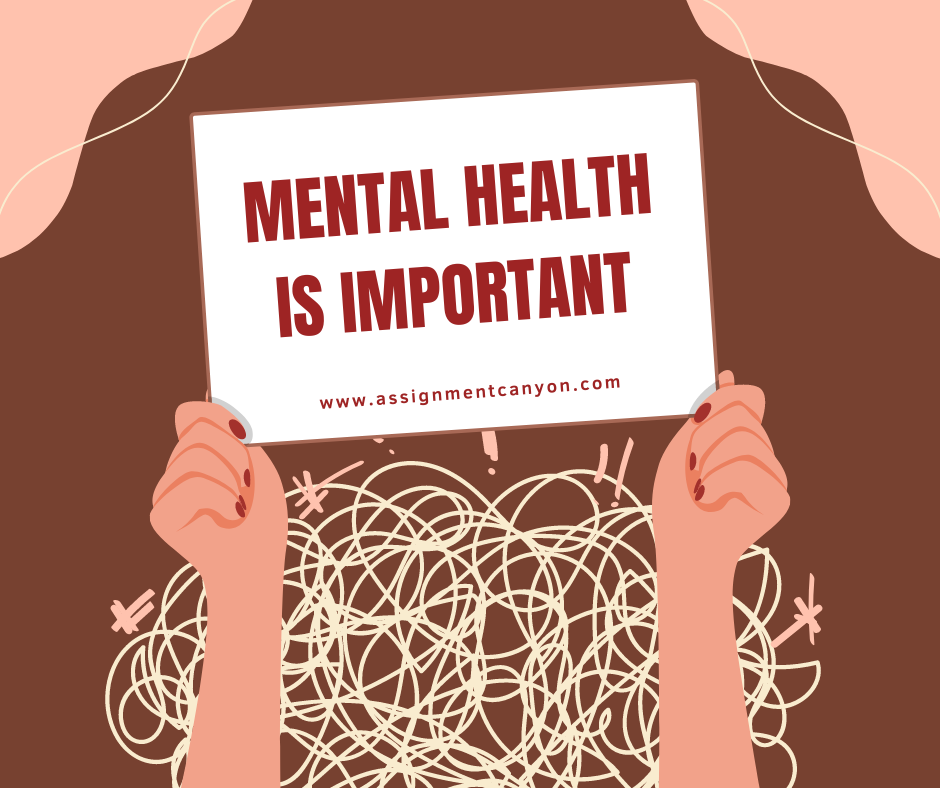
The Ultimate Guide to Managing Mental Health for College Students - discussing the mental health challenges faced and how to overcome
managing mental health for college students, mental health challenges, overcoming depression as a college student
More Student Blogs on Mental Health Challenges:
Surviving College: Unmasking the Top 5 Mental Health Challenges and Discovering Ways to Get Help
